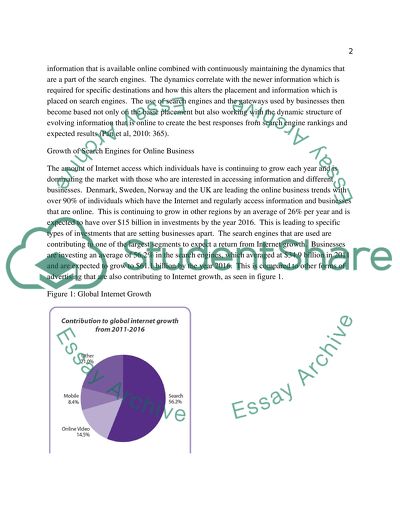Cite this document
(“Digital Economy Essay Example | Topics and Well Written Essays - 3500 words”, n.d.)
Retrieved de https://studentshare.org/macro-microeconomics/1392751-digital-economy-literature-review-
Retrieved de https://studentshare.org/macro-microeconomics/1392751-digital-economy-literature-review-
(Digital Economy Essay Example | Topics and Well Written Essays - 3500 Words)
https://studentshare.org/macro-microeconomics/1392751-digital-economy-literature-review-.
https://studentshare.org/macro-microeconomics/1392751-digital-economy-literature-review-.
“Digital Economy Essay Example | Topics and Well Written Essays - 3500 Words”, n.d. https://studentshare.org/macro-microeconomics/1392751-digital-economy-literature-review-.


